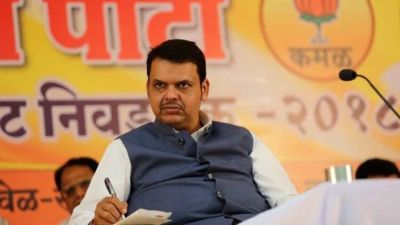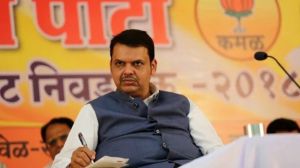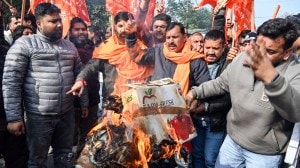Post-Ghauri mantra: US chants restraint
NEW DELHI, April 14: US President Bill Clinton's visiting personal envoy is believed to have asked India to continue its policy of nuclear r...

NEW DELHI, April 14: US President Bill Clinton8217;s visiting personal envoy is believed to have asked India to continue its policy of nuclear restraint, even as both sides today indicated they could revive the nuclear-security dialogue begun last year with former prime minister I K Gujral. Bill Richardson, who began his two-day visit to India in the forenoon, is said to have emphasised to foreign secretary K Raghunath later the message that has been coming out of Washington over the last ten days: India should quot;continue to exercisequot; its policy of nuclear restraint.
The Indian side is believed to have responded by saying that New Delhi would do whatever it deemed necessary for the nation8217;s security. New Delhi is also believed to have expressed its keenness to acquire civilian nuclear technology, US officials said, as well as other high-technology that has so far been proscribed by Washington because it is felt to have quot;dual-use.quot;
This is the first Indo-US encounter after the new BJP government was sworn inlast month and it was described by sources in the ministry of external affairs as quot;indepth and wide-ranging.quot; Economic issues took up crucial time, with the US side hoping the government would open up the insurance sector as well as pay more attention to infrastructure projects such as power.
But both sides maintained a status quo on their respective views on a permanent seat for India in the Security Council. New Delhi reiterated bluntly its legitimacy for such a seat, and the US team replied with its timeworn response: it said it was fully familiar with and appreciated New Delhi8217;s position, but that Asia must finally decide who it should send as a representative to an expanded Security Council. Significantly, the presence of Robert Einhorn, the deputy assistant secretary for non-proliferation in the US State department, seems to have added meat to the discussions.
Einhorn flew into Delhi independently of the Richardson-led team, skipping the Bangladesh part of the US South Asian tour yesterday.
It wasEinhorn8217;s suggestion to India at an innocuous seminar at the University of Pennsylvania last year to quot;formalise its nuclear restraintquot; in exchange for civilian nuclear cooperation with the US, that laid the seeds of the still-nascent bilateral security dialogue.
Gujral agreed to reopen the nuclear issue in his discussions with Clinton last September. But it is Einhorn8217;s continuing pressence in talks with the BJP government that implies both sides have agreed to revive these crucial discussions.
- 01
- 02
- 03
- 04
- 05































